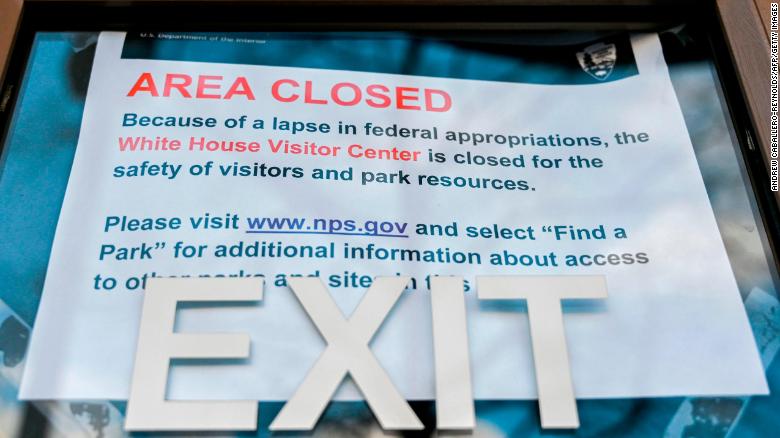Economic data have become increasingly prominent victim of the shutdown of the U.S. government. Closed government agencies include the Ministry of Commerce, one of the most powerful producers of reports, followed by economists, businessmen and investors. Delay in reporting any long-term distortion of the data caused by this period will make it difficult to estimate the state of the world’s largest economy.
1. How much data publishes U.S. government?
Dozens of reports each month, ranging from consumer spending to housing, business investment and trade, issued by the Ministry of Commerce, one of the nine ministries, which were closed on 22 December, after the end of their funding. The Ministry of labour, also a major manufacturer of data such as monthly jobs report.
2. Which reports more effective?
In a wide range of trading includes the census Bureau and Bureau of economic analysis, two main sources of publicly available data. Deferred to date reporting includes new home sales, trade balance, construction spending, factory orders and inventories. If the shutdown continues until the end of January, reports on retail sales, housing, durable goods, gross domestic product and personal income and expenditure can be postponed, which may adversely affect the economic component.
3. The problem is limited to Commerce?
No. Shutting down the government was forced to postpone the monthly report of the Ministry of agriculture from 11 January on the market, detailing the assessment of the supply and demand for crops around the world. The Commission on commodity futures trading ceased production of weekly reports commitments of traders who monitor the managed money in the markets of oil, agriculture and metals.
4. What about the Federal Reserve?
US Central Bank is working normally, as is financed by its own revenue stream. The December report of the fed on industrial production includes the data of the Ministry of labour, is still preparing to release on January 18. The report on consumer credit includes student loans from the education Department, which is open but if the shutdown will continue until the next fed meeting on January 29-30, members will not be data on GDP in the fourth quarter. Key data gaps make it difficult for officials assessment of the pace of development of the economy, because their decisions will be data dependent.
5. What will happen when the government eventually re-open?
In fact, there are more questions than answers. After the reports again will start to arrive, it may take several months before the calendar releases of the Ministry of trade will return to normal. The 16-day stop in October 2013, which affected a large number of reports (because the labor Department was closed), raised concerns about the accuracy of some key data within a few months after that.
6. Are there any other places to get the data?
Observers of the economy can access information from non-governmental sources, including information on home sales from the National Association of realtors, retail sales data from individual researchers and surveys of consumers, although together they give a less complete picture than the government reports. Prediction of firms try to make their own assessment of the crop on the background of the delays in the data of the Ministry of agriculture.
All this can create a substantial threat to the economy, after all, affected not only accountability and stable work of the government, but also hundreds of thousands of jobs, cannot sign any bill. There may be delays with investments, lack of regulatory oversight may undermine the confidence of consumers, and those companies that are directly related to Federal services and may lose customers.

